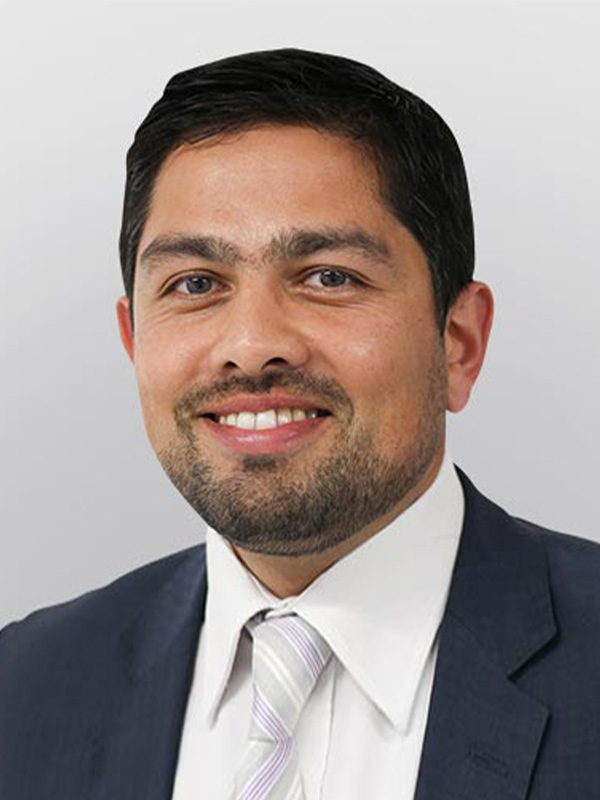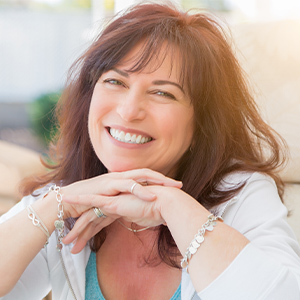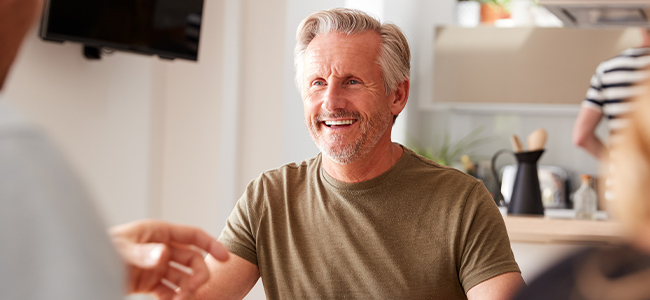
5 foods not to eat after cataract surgery
Cataract surgery is a transformative procedure that opens the door to clearer vision. Proper care and attention to your diet can significantly impact the recovery process. Avoiding certain foods is crucial to prevent complications and promote optimal healing. In this blog, we’ll explore five foods to avoid after cataract surgery, ensuring a smoother and swifter recovery.
1. Refined carbs
Refined carbohydrates, found in white bread, sugary snacks, and processed cereals, may hinder your cataract surgery healing journey. These foods can cause rapid spikes in blood sugar levels, posing a risk of inflammation1https://www.ncbi.nlm.nih.gov/pmc/articles/PMC6139832/ and infections.
Instead, opt for nutrient-dense whole grains like brown rice, quinoa, and whole wheat bread. These choices provide essential nutrients while supporting better blood sugar control.
2. Salty and sodium-rich foods
Steer clear of foods laden with salt, such as canned soups, fast food, and processed snacks. Excessive sodium intake can lead to water retention, potentially affecting your vision temporarily and increasing blood pressure.2https://www.careoptics.co.uk/salt-awareness-week-eye-health#:~:text=The%20answer%20is%20yes.,the%20risk%20of%20eye%20disease
Choose fresh, low-sodium alternatives like fruits, vegetables, and lean proteins to help control swelling and facilitate a smoother recovery.
3. Sweets and sugar
Limit your intake of high-sugar treats like candy, soda, and sugary desserts post-cataract surgery. Excessive sugar consumption may contribute to inflammation and compromise your immune system.
Opt for healthier sweet alternatives such as fresh fruits, providing essential vitamins and antioxidants that actively support the healing process.
4. Anything fried and fatty
Avoid fried foods and high-fat options like fast food burgers and deep-fried snacks. These choices may induce inflammation and slow down the recovery process.3https://www.ncbi.nlm.nih.gov/pmc/articles/PMC10057655/#:~:text=High%20levels%20of%20saturated%20and,alpha%20%5B13%2C14%5D A diet rich in unhealthy fats could contribute to complications.
Instead, focus on lean protein sources like grilled chicken or fish and incorporate heart-healthy fats from avocados and nuts.
5. Caffeinated or alcoholic drinks
Though not foods, it’s crucial to monitor alcohol and caffeine intake post-cataract surgery. Both substances can lead to dehydration, potentially impacting the healing process and increasing the risk of complications.
Opt for water and herbal teas to stay well-hydrated without compromising your recovery.
Embrace nutrient-dense foods that support your overall health and well-being during this critical phase of your cataract recovery journey. Always consult with your healthcare provider for personalised dietary recommendations based on your unique needs and medical history.
Interested in cataract treatment? Book a free virtual assessment with us here.
Find out if you are suitable for vision correction
Not everyone is eligible for vision correction surgery.
Find out if you could benefit from this life changing surgery by taking the quick self-suitability quiz below:
Our most popular procedures
What our patients say…
★ ★ ★ ★ ★
“A very professional and care-based process. All stages were carefully explained and executed efficiently. Dr. Musa is highly skilled and has a wonderful support team. Many thanks.”
★ ★ ★ ★ ★
“I was very impressed with Dr. Musa. He was highly professional and explained everything he was going to do. My eyes are brilliant now, and I felt very happy with everything. I wouldn’t hesitate to recommend him.”
★ ★ ★ ★ ★
“The results after 24 hours are amazing. I have perfect vision in the close, mid, and distance ranges, with no need to wear glasses at all. I could not be more pleased with the results. Thank you, Dr. Musa. Highly recommended!”
★ ★ ★ ★ ★
“I highly recommend Dr. Musa for laser eye surgery. I was hesitant to proceed with the surgery for 2 years, but as soon as I had a conversation with Dr. Musa, I felt at ease. He thoroughly explained the shape of my cornea and recommended the safest procedure for me.”
We have replaced the images of real patients who provided these testimonials to protect their privacy.

Hi, I’m Dr. Musa
Your vision is incredibly precious, and I believe in taking the time to ensure you are fully informed about your condition and the available treatment options. I value open communication and will dedicate the necessary time to explain each option, discussing the relative risks and benefits associated with them. Making an informed decision about your vision requires careful consideration, and I am committed to guiding you every step of the way.
Trust in my fellowship-trained expertise to provide you with the highest standard of care. I understand the significance of preserving and enhancing your vision, and I prioritise your well-being above all else. Visit our clinic to experience personalised care and specialised treatment tailored to your specific needs. Together, we can safeguard the health and clarity of your sight.
Dr Fayyaz Musa
MBChB (Edin) FRCOphth (Lon) CertLRS (RCOphth) PGDipCRS
Expert Laser Eye and Cataract Surgeon





